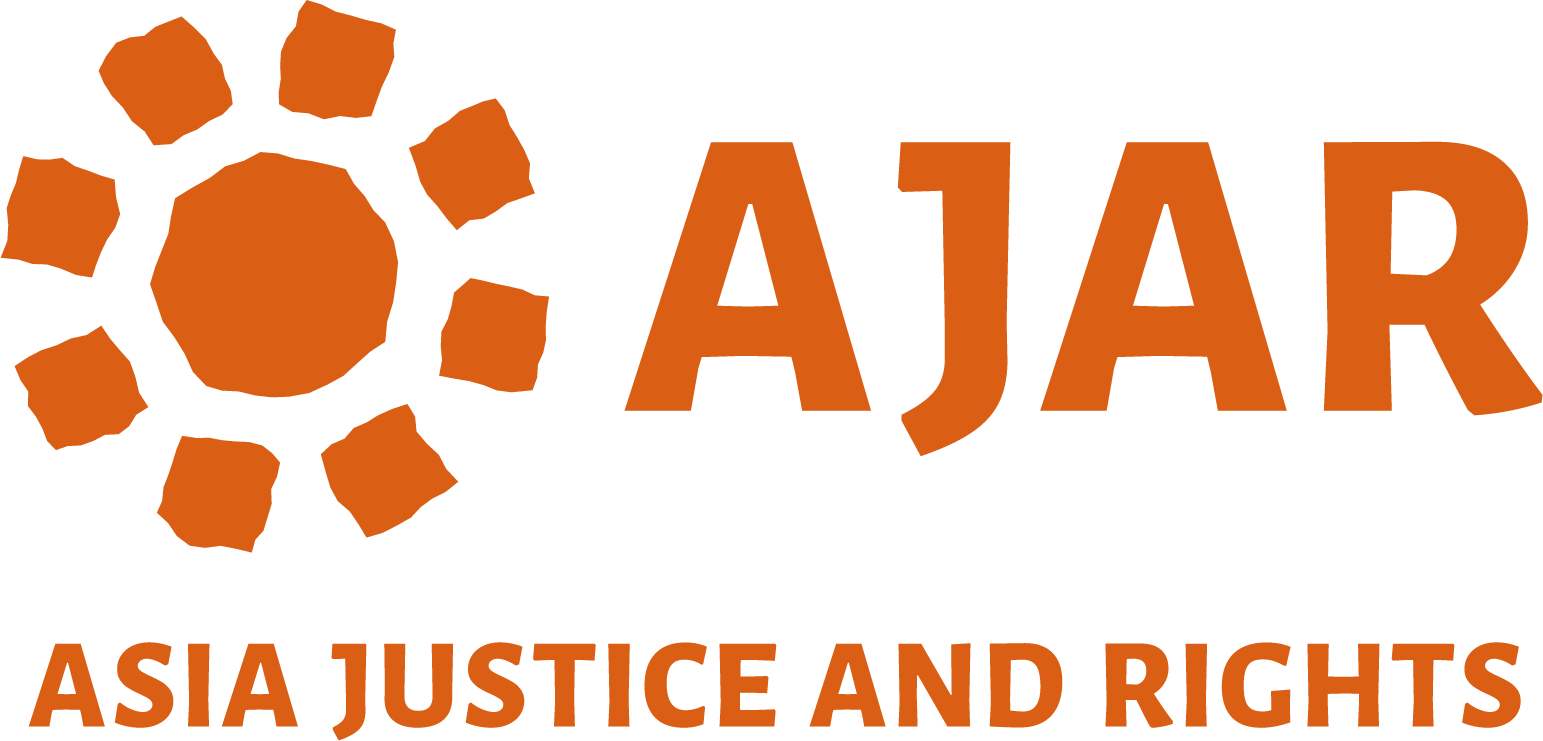Legal Process of the ICC

- The Office of the Prosecutor must determine whether there is sufficient evidence of crimes that fall within the ICC’s jurisdiction, whether there are genuine national proceedings, and whether opening an investigation would serve the interests of justice and of the victims.
- If the requirements to initiate an investigation are not met, or if the situation or crimes are not under the ICC’s jurisdiction, the ICC’s prosecution cannot investigate. The prosecution may again
- After gathering evidence and identifying a suspect, the prosecution requests ICC judges to issue an arrest warrant. The ICC relies on countries to make arrests and transfer suspects to the ICC, or to issue a summons to appear (suspects appear voluntarily; if not, an arrest warrant may be issued).
- Initial appearance: Three pre-trial judges confirm the suspect’s identity and ensure the suspect understands the charges. Confirmation of charges hearings: After hearing the prosecution, the defence, and the legal representative of the victims, the judges decide (usually within 60 days) if there is enough evidence for the case to go to trial. If the suspect is not arrested or does not appear, legal submissions can be made, but hearings cannot begin.
- Before three trial judges, the prosecution must prove beyond reasonable doubt the guilt of the accused. Judges consider all evidence, then issue a verdict and, when there is a verdict of guilt, issue a sentence. Judges can also order reparations for the victims. If there is not enough evidence, the case is closed and the accused is released.
- Both the prosecutor and the defence have the right to appeal a Trial Chamber’s verdict and the sentence. The victims and the convicted person may appeal an order for reparations. An appeal is decided by five judges of the Appeals Chamber who are never the same judges as those who gave the original verdict. The Appeals Chamber decides whether to uphold the original decision, amend it, or reverse it. This is the final judgment unless the Appeals Chamber orders a retrial before the Trial Chamber.
- Sentences are served in countries that have agreed to enforce ICC sentences. If a verdict of guilt is not upheld the person may be released. The Trial Chamber may order a convicted person to pay reparations to the victims of the crimes she or he committed. The Court may order such reparations to be paid through the Trust Fund for Victims.
← Previous Lesson

